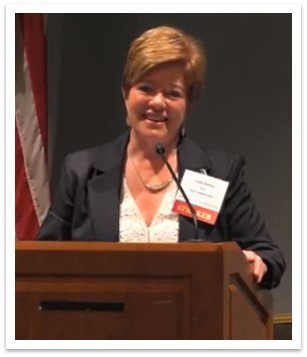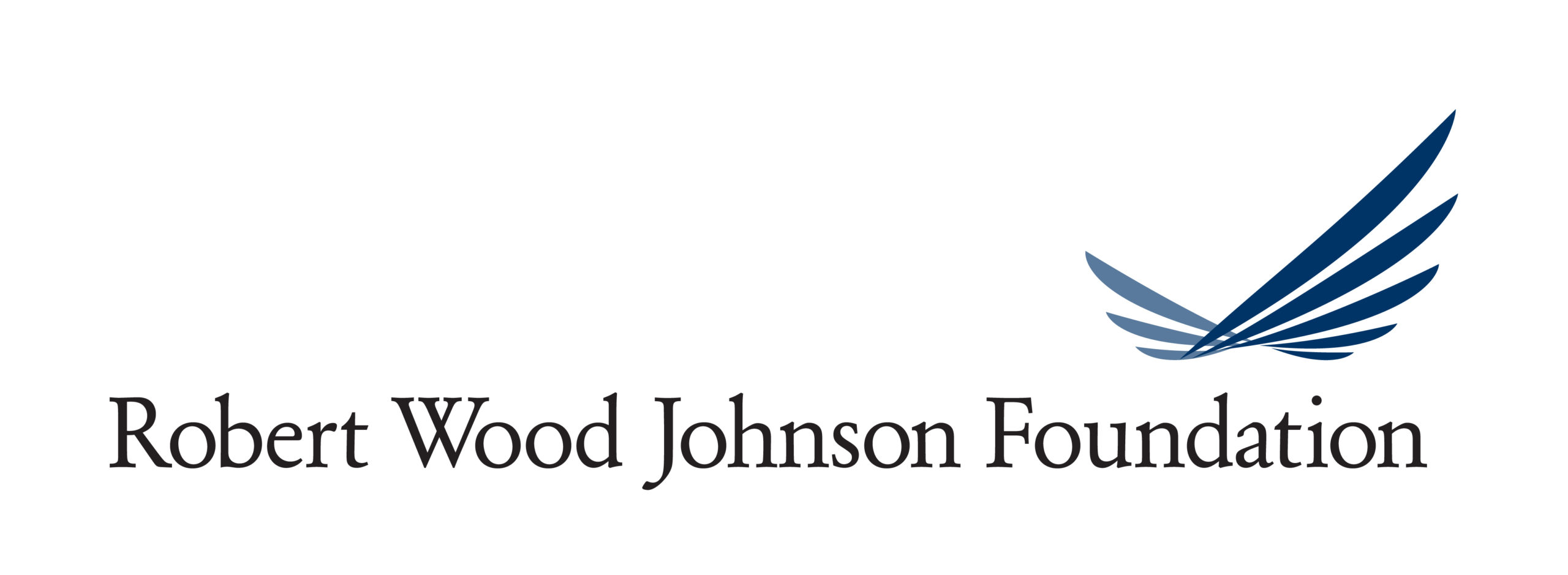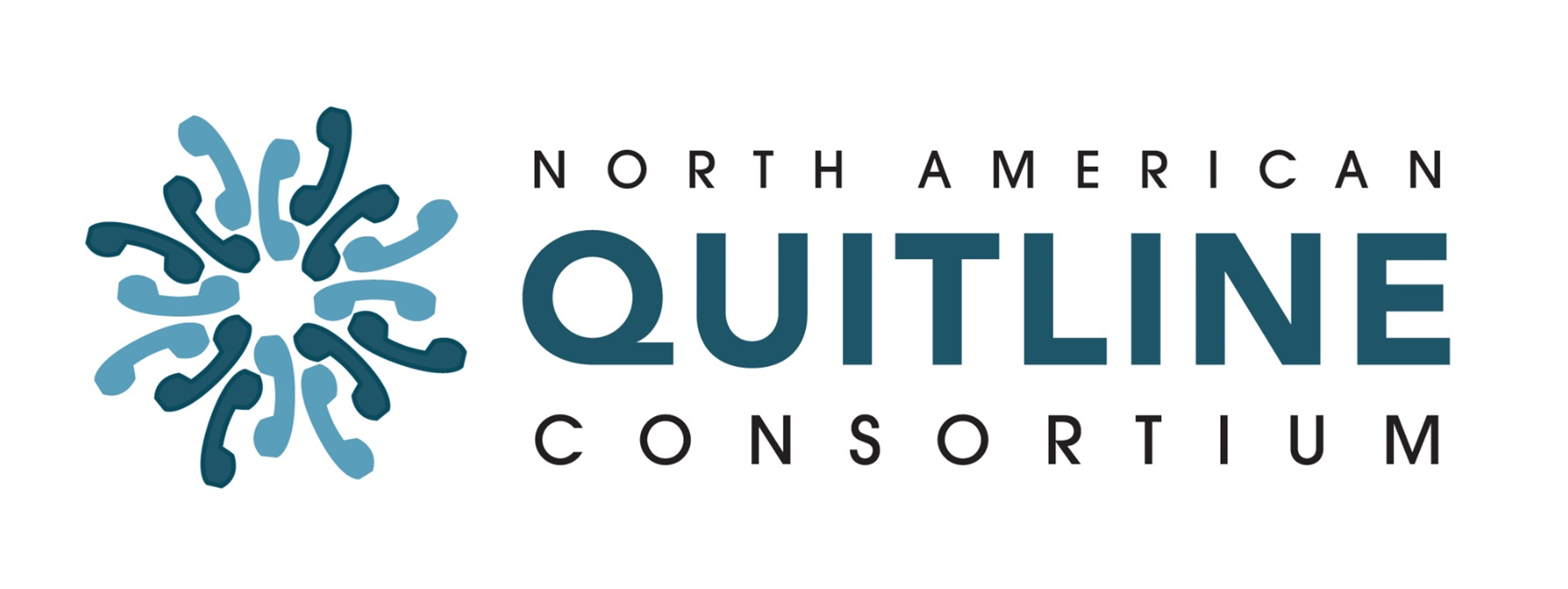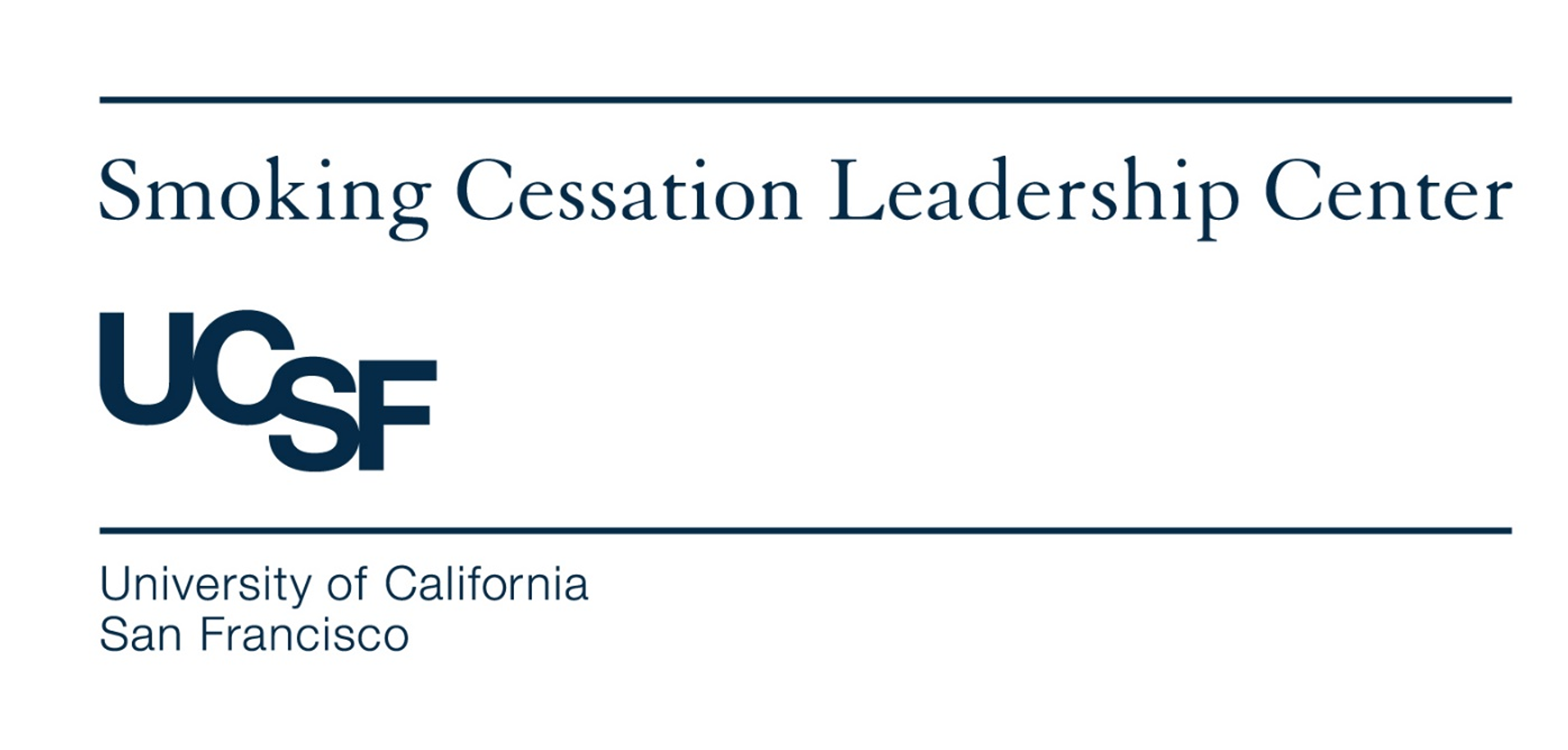SFPH ECHO – 1-22-2019 – Recording
Didactic: "ABCs of Tobacco - Part I"
View More
Participants learned about the background of the tobacco industry to better understand how the tobacco epidemic emerged, as well as about the ingredients of tobacco smoke and how smoking causes harm.
Steven Schroeder, MD
SFPH ECHO – 1-22-2019 – Recording
This session reviewed tobacco control policies that reduce smoking rates, including taxation, smoke-free ordinances, counter-marketing and cessation.
Steven Schroeder, MD
SFPH ECHO – 2-5-2019 – Recording
Smoking rates are at a modern low, and those who continue to smoke are smoking fewer cigarettes than they did in the past. However, smoking has become concentrated among vulnerable populations. This session examined the prevalence rates among these groups, including those with mental health and substance use disorders, and other vulnerable populations (homeless, incarcerated, LGBTQ).
Steven Schroeder, MD
SFPH ECHO – 2-19-2019 – Recording
The classic approach to smoking cessation, this session looked at clinicians performing the 5As: Ask about smoking; Advise about quitting; Assess readiness to quit; Assist in quitting; Arrange follow-up.
Steven Schroeder, MD
SFPH ECHO – 3-5-2019 – Recording
Participants learned about the services and treatment offered by quitlines, how they can be used to effectively help smokers quit and how they partner with community and clinical organizations.
Linda Bailey, JD, MHS
SFPH ECHO – 3-19-2019 – Recording
Counseling smokers about how to quit is an essential part of smoking cessation. This session provided key counseling pointers, including how to motivate smokers hesitant about quitting and special populations.
Francis Vitale, MA
SFPH ECHO – 4-2-2019 – Recording
Evidence shows the chances of quitting smoking are greatly improved by combining counseling with smoking cessation medications. This session reviewed the 7 FDA-approved medications to help smokers quit.
Robin Corelli, PharmD
Karen Hudmon, DrPH, MS, RPh, TTS
SFPH ECHO – 4-16-2019 – Recording
Several alternative nicotine products, such as e-cigarettes, have recently emerged. This session discussed the controversy over the use of these products concerning whether or not they are harmful, whether or not they help smokers quit, and whether or not they are dangerous for young people.
Cliff Douglas, JD
SFPH ECHO – 4-30-2019 – Recording
This session highlighted the smoking disparity among those with behavioral health conditions, the difficulty of getting inpatient treatment settings to focus on cessation, evidence-based cessation practices tailored to this population, and health and recovery outcomes related to quitting.
Amy Skora
SFPH ECHO – 5-14-2019 – Recording
Despite the overall substantial decrease in the prevalence of cigarette smoking in the United States in the last 50 years, there remain persistent disparities in cigarette smoking prevalence and secondhand smoke exposure among certain groups, including individuals in lower education and/or socioeconomic groups; from certain racial/ethnic groups; in the lesbian, gay, bisexual, and transgender community; with mental illness; and in the military, particularly among those in the lowest pay grades.
Alex Liber, PhD
SFPH ECHO – 5-28-2019 – Recording
Most smokers understand that smoking is bad for them, but many are resistant to quitting. This session examined which messages work – and which don’t – to motivate smokers to try to quit.
Steve Babb
Robin Scala
Brenna VanFrank, MD, MSPH
SFPH ECHO – 6-11-2019 – Recording
Participants learned tips and tools to make their cessation events, including the Great American Smokeout, inviting for those who are considering quitting smoking and their loved ones.
Tonya Phillips
SFPH ECHO – 6-25-2019 – Recording
Smoking cessation counseling is a billable activity for most health insurers, including Medicaid programs. Participants learned learned how to ensure everything is captured and discuss coding.
Anne DiGiulio
SFPH ECHO – 7-9-2019 – Recording
Participants learned how quitlines can collaborate with CHCs and PHAs to connect residents to tobacco cessation resources and enable secure information exchange and coordination of services.
Linda Bailey, JD, MHS
SFPH ECHO – 7-23-2019 – Recording
This session discussed the many important benefits of quitting smoking, including health and wellness, eased financial burdens, potentially more affordable insurance, etc.
Richard Wender, MD
SFPH ECHO – 8-6-2019 – Recording
Participants explored some of the legal questions around the smoke-free rule so you’re better able to answer patient and resident inquiries and issues with compliance.
Deborah Thrope
SFPH ECHO – 8-20-2019 – Recording
Nonsmokers can be injured by exposure to the smoke exhaled by smokers. This session examined the effects of exposure to nonsmokers, both through breathing second-hand smoke and through third-hand smokinginvolving the smoke residues that accumulate on carpets, furniture, curtains, and other environmental objects.
Valerie Gribben, MD, FAAP
SFPH ECHO – 9-3-2019 – Recording
This session gave a refresher on the HUD smoke-free rule and examine where smoke-free policies are heading.
Cliff Douglas, JD
SFPH ECHO – 9-17-2019 – Recording
Many staff at CHCs and PHAs smoke themselves. Experience has shown that helping staff to quit smoking is an important component of smoking cessation programs. This session reviewed ways to help staff either quit or refrain from smoking while on the job.
Francis Vitale, MA
SFPH ECHO – 10-1-2019 – Recording
Quitlines, health centers, and housing authorities all have an interest in smoking cessation. However, each group has its own procedures and cultures. This session sought to better connect these organizations to help smokers quit.
Linda Bailey, JD, MHS
SFPH ECHO – 10-15-2019 – Recording
Harm reduction refers to switching from combustible tobacco products, like cigarettes, to less harmful products. This session looked at harm reduction in depth.
Cliff Douglas, JD
SFPH ECHO – 10-29-2019 – Recording
This session explored considerations around smokers who have mental illness and/or substance use disorders. Previously, smoking was thought to be less important to address than other conditions, and sometimes even considered to be a part of the treatment itself. Current research indicates that quitting smoking not only improves overall health but is an important component of improving mental health and reducing the risk of substance abuse.
Francis Vitale, MA
SFPH ECHO – 11-12-2019 – Recording
Smoking cessation activities are greatly enhanced when there is a project champion in the office. This session reviewed how to select such champions, outline their functions, and describe how they can be supported.
Amy Skora
SFPH ECHO – 12-3-2019 – Recording
Most smokers attempt to quit many times before they’re successful. This can be demotivating. This session will review the evidence about smoking relapses, how to address those smokers, and ways to help them quit again.
Francis Vitale, MA
SFPH ECHO – 12-17-2019 – Recording
SFPH ECHO – 1-7-2020 – Recording
SFPH ECHO – 1-21-2020 – Recording

Linda Bailey, JD, MHS
President and CEO
North American Quitline Consortium
Cliff Douglas, JD
Former Vice President, Tobacco Control
American Cancer Society


Steven Schroeder, MD
Director, Smoking Cessation Leadership Center
University of California, San Francisco

Amy Skora
Outreach Specialist
University of Wisconsin, School of Medicine and Public Health
Center for Tobacco Research and Intervention

Francis Vitale, MA
National Director
Clinical Assistant Professor
Pharmacy Partnership for Tobacco Cessation
Video
Video
Video
Video
Didactic: "Smoking Cessation Interventions: Overview of Services and Effectiveness of Telephone Quitlines"
View MoreVideo
Didactic: "Smoking Cessation Interventions: Counseling/Motivational Interviewing"
View MoreVideo
Didactic: "Smoking Cessation Interventions: Pharmacotherapy"
View MoreVideo
Video
Video
Video
Didactic: "Special Topics: Effective Messaging to Current Smokers"
View MoreVideo
Didactic: "Special Topics: Plan Effective Cessation Events/Great American Smokeout"
View MoreVideo
Video
Didactic: "Systems Change: Establishing Formal Referral Programs with Quitlines, CHCs, and PHAs"
View MoreVideo
Didactic: "Special Topics: How Quitting Improves Wellness"
View MoreVideo
Didactic: "Special Topics: Legal/Resident Concerns with the Smoke-free Rule"
View MoreVideo
Video
Video
Video
Didactic: "Systems Change/Workflow: Building Connections Between CHCs, PHAs, and Quitlines"
View MoreVideo
Video
Didactic: "Special Topics: Current Landscape of Cessation Efforts in Behavioral Health"
View MoreVideo
Video
Video
Video
Video



Complete the fields below to learn more about how the American Cancer Society uses the ECHO Model to fight cancer on all fronts, inquire about an upcoming ECHO, or to learn how you can join us in our mission to save lives, celebrate lives, and lead the fight for a world without cancer.

This Website is administered by the American Cancer Society, Inc. on behalf of the Office of Cancer Research & Implementation. Copyright © 2024 American Cancer Society ECHO American Cancer Society, Inc.